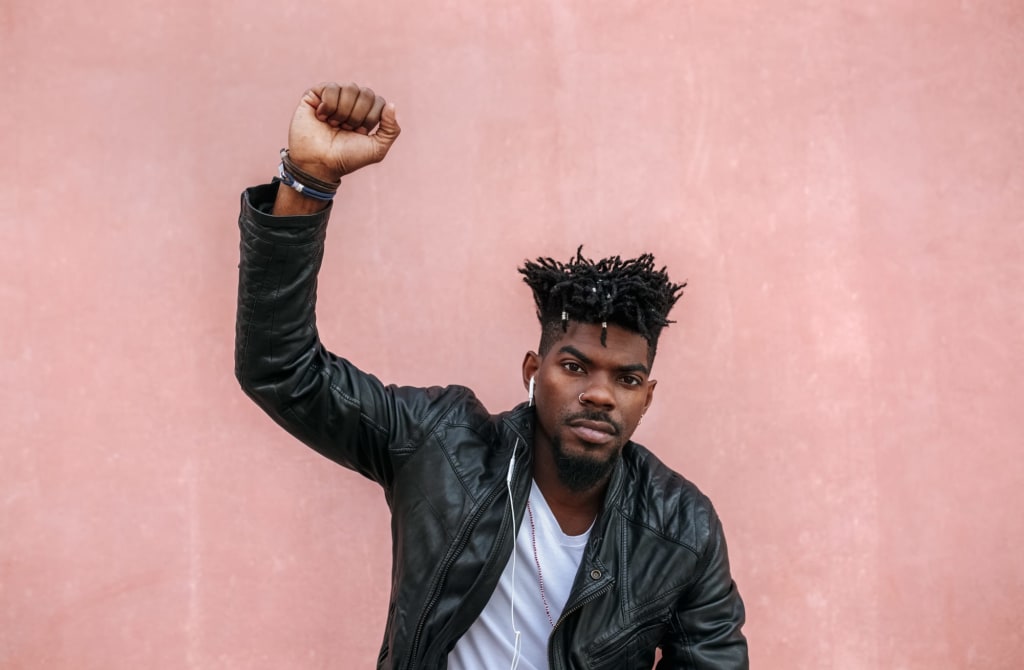Black History Month, observed annually in February, continues to be an important and relevant occasion in our society. Despite progress made towards racial equality, there is still a great deal of work to be done in terms of racial justice and understanding. Black History Month serves as a reminder of the struggles and achievements of black people throughout history, and the ongoing fight for equality and representation.
One of the key reasons why Black History Month still matters is the need to acknowledge and celebrate the contributions of black individuals to our society. From civil rights leaders and artists to scientists and inventors, black people have played a significant role in shaping our world. By highlighting these achievements, we not only pay tribute to those who have paved the way for future generations, but also inspire and empower young black individuals to reach their full potential.
Furthermore, Black History Month serves as a time for education and awareness. It provides an opportunity for people of all backgrounds to learn about the struggles and triumphs of black individuals throughout history, and gain a deeper understanding of the systemic racism and discrimination that still exists today. By educating ourselves about the past, we can work towards a more inclusive and just society for all.
In addition, Black History Month is a time for reflection and introspection. It prompts us to examine our own biases and privileges, and consider how we can be better allies to the black community. By acknowledging the injustices of the past and present, we can work towards a more equitable and inclusive future for everyone.
Ultimately, Black History Month still matters because it reminds us that the fight for racial equality is far from over. It challenges us to confront the realities of racism and discrimination, and work towards a more just and inclusive society for all. By celebrating the achievements and contributions of black individuals, educating ourselves about the struggles of the past, and reflecting on our own biases, we can move one step closer towards a more equitable and harmonious world.
